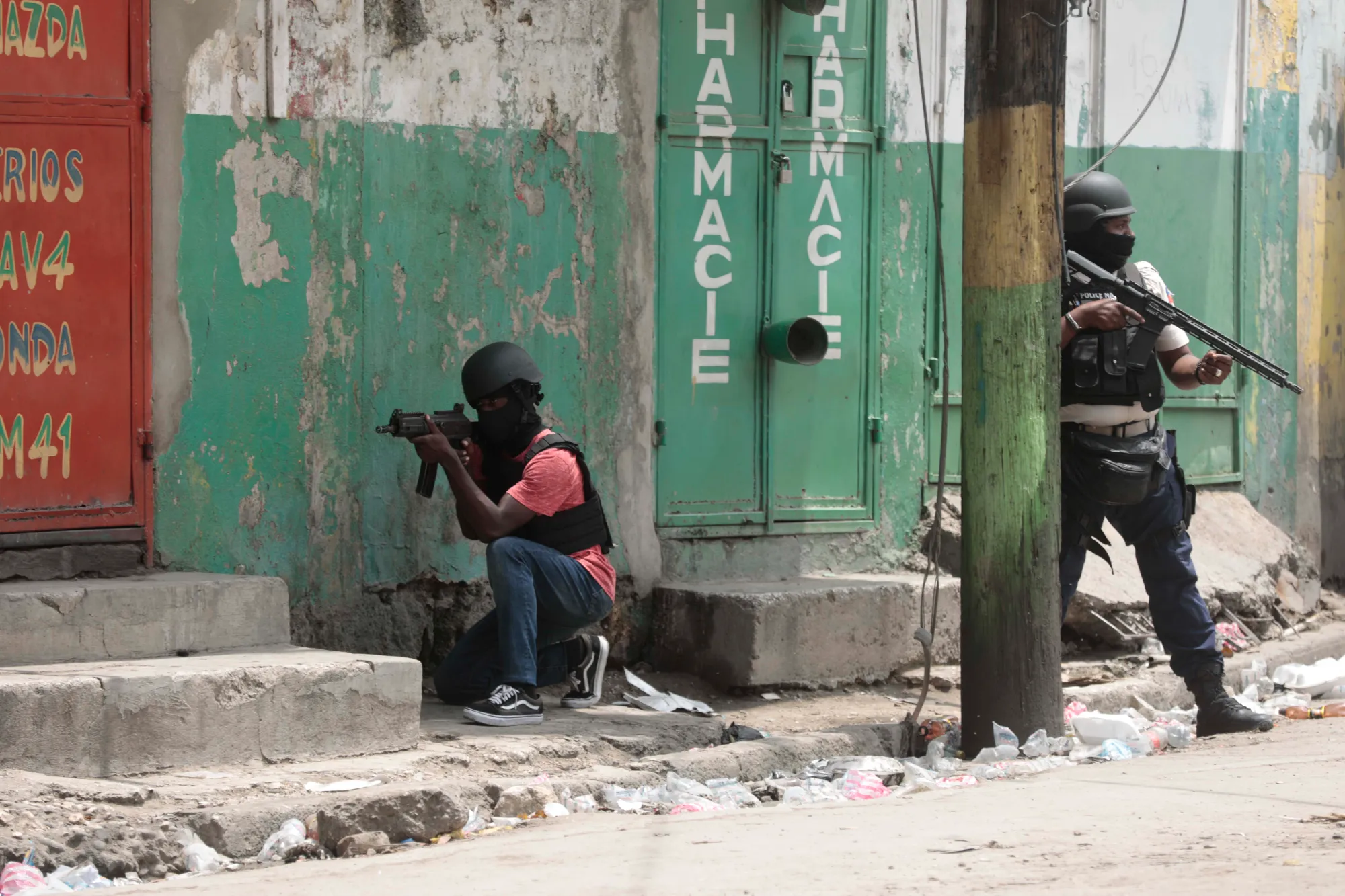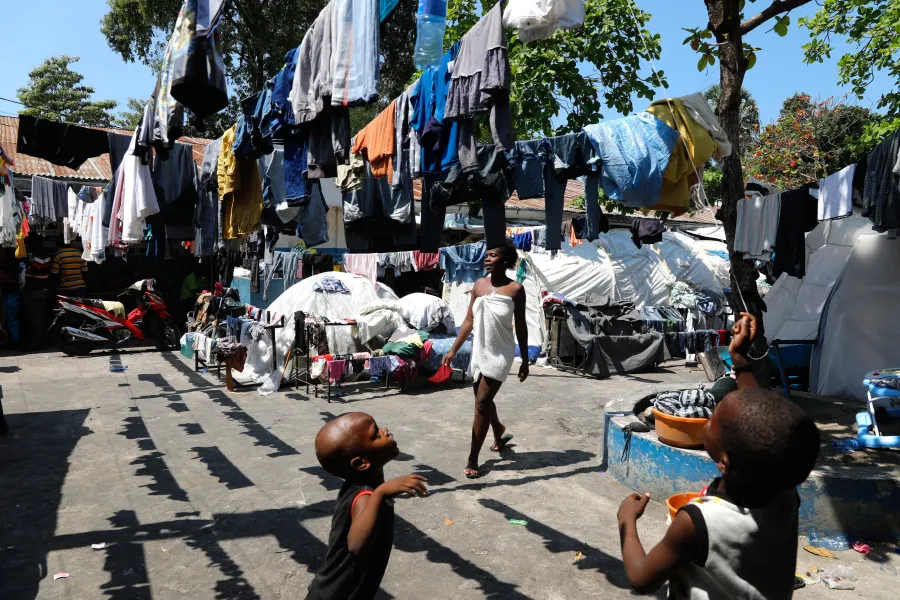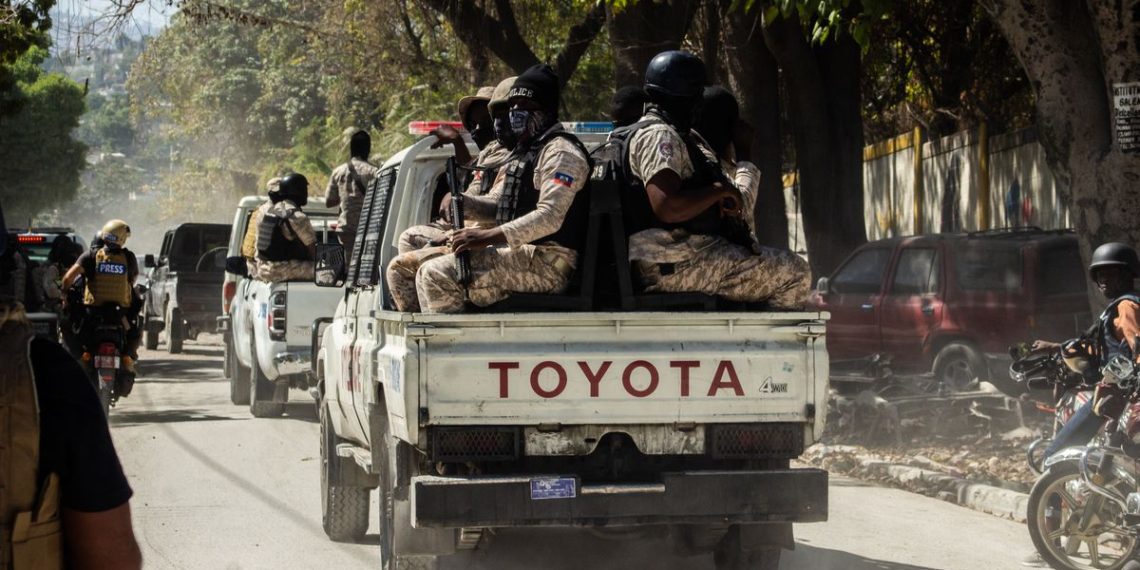In Haiti‘s capital, Port-au-Prince, turmoil unfolded on Thursday as clashes erupted, including a shooting that claimed the life of a gang leader, escalating tensions amidst ongoing political transitions.
Police operations targeted gang strongholds, resulting in the death of Ernst Julme, alias Ti Greg, head of the Delmas 95 gang. Julme’s demise, a setback for gangs seeking control, follows a recent mass jailbreak.
Amidst the violence, political factions moved closer to forming a transitional council to assume presidential powers in the absence of a functioning government.
United Nations Secretary-General Antonio Guterres expressed optimism at the selection of council members, a step towards restoring stability.

The transitional plan, facilitated by CARICOM, aims to unite Haiti’s fractured political landscape and appoint a new Prime Minister following Ariel Henry’s resignation.
However, challenges persist as some factions resist the council’s formation. Cherizier’s alliance, “Viv Ansanm,” threatens reprisals against participating politicians, underscoring the volatile climate.
Gunfire rattled near the National Palace, and residents fled Petion-Ville amid escalating violence. The resurgence of civilian vigilante groups adds to the chaos, with suspected gang members targeted and killed.
Haiti’s security vacuum exacerbates the situation, with the state unable to contain criminal elements. Plans for an international security mission remain stalled, leaving civilians vulnerable.

The UN emphasizes the urgency of deploying international forces to restore order and safeguard democratic institutions.
As tensions escalate, international efforts intensify to evacuate citizens. Canada deploys armed forces to protect its embassy, while the US organizes evacuations from Haiti’s northern and capital cities.
The situation underscores the precariousness of Haiti’s political and security landscape, necessitating swift international intervention to prevent further deterioration.





